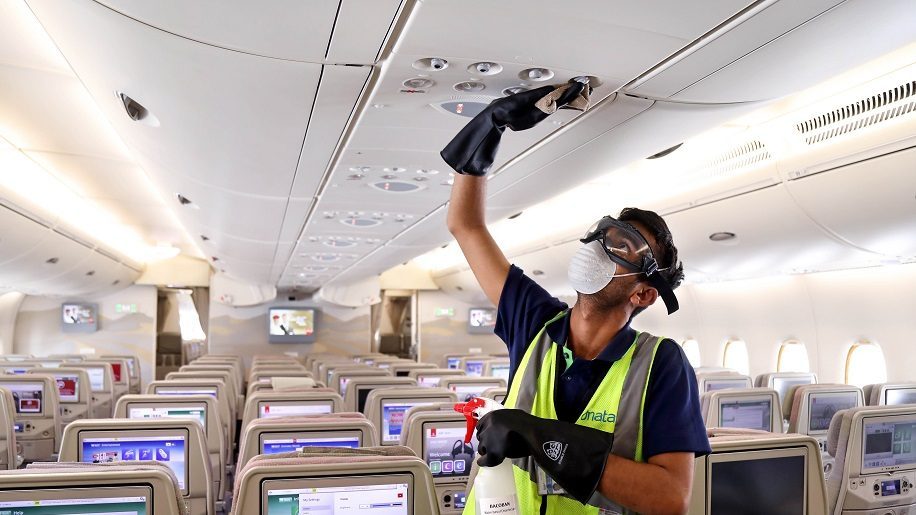
The European Aviation Safety Agency (EASA) has announced plans for a research project into the potential toxicological risks of cabin air contamination resulting from oil leakage on aircraft.
The three-year project – which has received funding from the European Union’s Horizon 2020 research and innovation programme – aims to “collect substantive evidence, by means of laboratory tests, on the chemical substances involved in oil leakages evens from aircraft engine or APU (auxiliary power unit), and their impact on the cabin air quality”.
Other areas which the research will cover include:
- developing a comprehensive understanding of the different scenarios, supported by collected in-service data, for the contamination by engine or APU oil products that may be observed during flights, considering the complete aircraft bleed air system and air ventilation system
- performing the toxicological risk assessment of the main identified chemical compounds using available data and through the performance of specific toxicological tests
- identifying the appropriate methods and tools for the investigation of CAC (cabin air contamination) reported events, including the methods to collect samples from aircraft cabin surfaces and ECS (environmental control system) system components
- investigating relevant monitoring actions (e.g. precursors of CAC events) for aircraft operators considering the standard maintenance operations performed on ECS systems
Quoted by flightglobal.com, the EASA said that quality of cabin air on commercial aircraft had been “at the core of a continuing debate” for six decades, with multiple incidents suspected to have involved cabin air contamination.
“Although representing a small proportion of these types of events, contaminations by engine oils and their by-products are those that raise the utmost concerns,” said the EASA.












